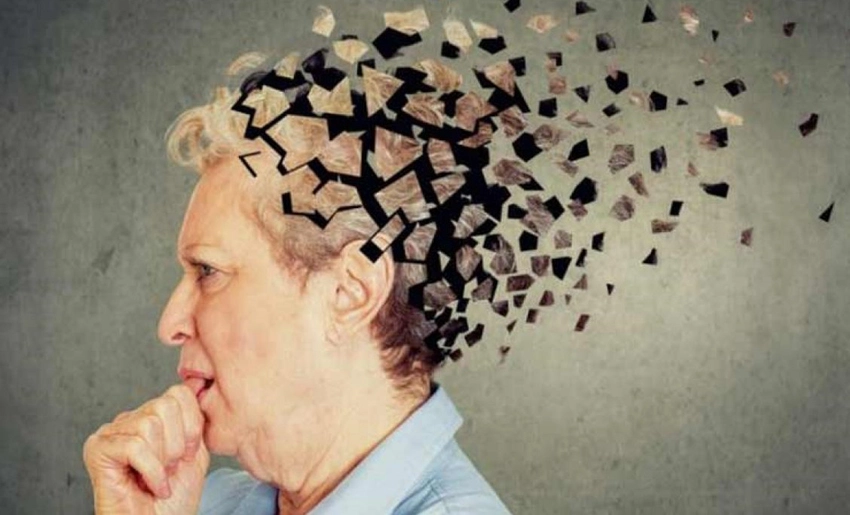Alzheimer’s, the neurodegenerative disease that steals memories and blurs identity, is one of the most pressing health challenges of our time. With a rapidly aging global population, Alzheimer’s and other dementias affect not only those who suffer from it, but also their families and society as a whole.
This disease is the most common form of dementia. A condition that involves the progressive decline of cognitive functions, such as memory, thinking, language, and reasoning.
While there is no cure for Alzheimer’s, research suggests that a multifactorial approach can help reduce the risk of developing the disease and slow its progression: A balanced diet rich in fruits, vegetables, fish, and healthy fats. Combined with regular physical exercise and restful sleep, can protect brain health.
Keeping the brain active by reading, learning new skills, solving puzzles, and participating in social activities can strengthen neural connections. Conditions such as hypertension, diabetes, high cholesterol, and obesity increase the risk of Alzheimer’s disease. Managing these factors through diet, exercise, and medication, if necessary, is essential. Avoiding isolation by maintaining contact with friends and family and participating in community activities also protects cognitive health.
The other side of the coin is caring for a person with Alzheimer’s. It is a demanding task that requires patience, understanding, and empathy. Emotional and practical support is essential to improve the quality of life for both the affected person and their caregivers. Adapting the home to minimize the risk of falls and confusion, maintaining a predictable routine. Moreover surrounding the person with familiar objects can help reduce anxiety and disorientation.
It is also helpful to speak in short, simple sentences, use a soft tone of voice, and maintain contact. Participating in activities that stimulate memory, language, and thinking. Such as looking through photo albums, listening to music, or playing simple games, can help maintain cognitive function for as long as possible.
Caregivers of people with Alzheimer’s need emotional support, information, and resources to cope with the challenges of the disease. Support groups, therapies, and access to home care services can be of great help. Furthermore, allowing the person with Alzheimer’s to perform the tasks they can still do on their own, such as dressing or eating, can help maintain their self-esteem and sense of independence.
Alzheimer’s is a devastating disease, but it is not invincible. Scientific research is advancing rapidly, and new treatments are being developed that could modify the course of the disease. In the meantime, prevention and support for those affected and their families are essential to mitigate the impact of this condition and build a more understanding and caring society.
By: Indira Vania López Samé
- Installation of Photovoltaic Systems in Rural Communities in Holguin - 19 de January de 2026
- 39th City Salon Opens in Holguin - 19 de January de 2026
- Habanos Festival Among Cuba’s Most Important Tourism Events - 19 de January de 2026

